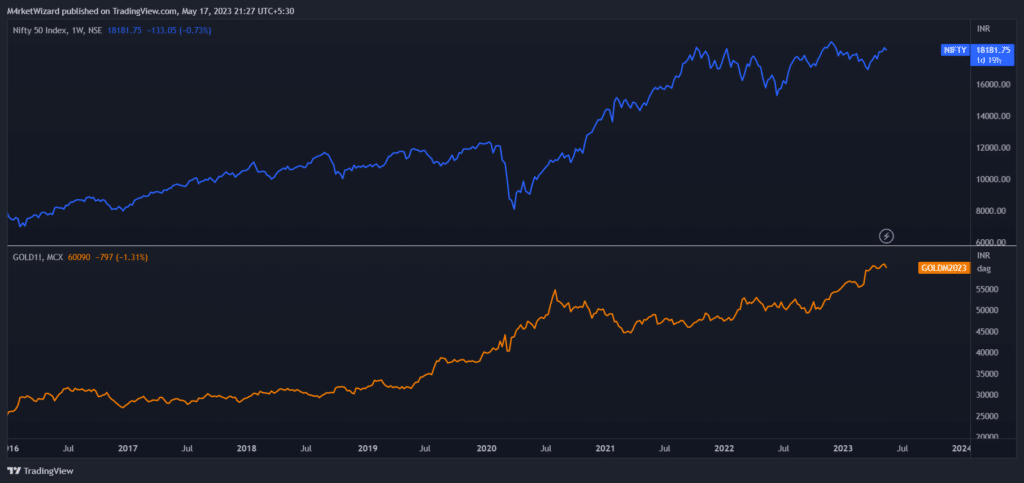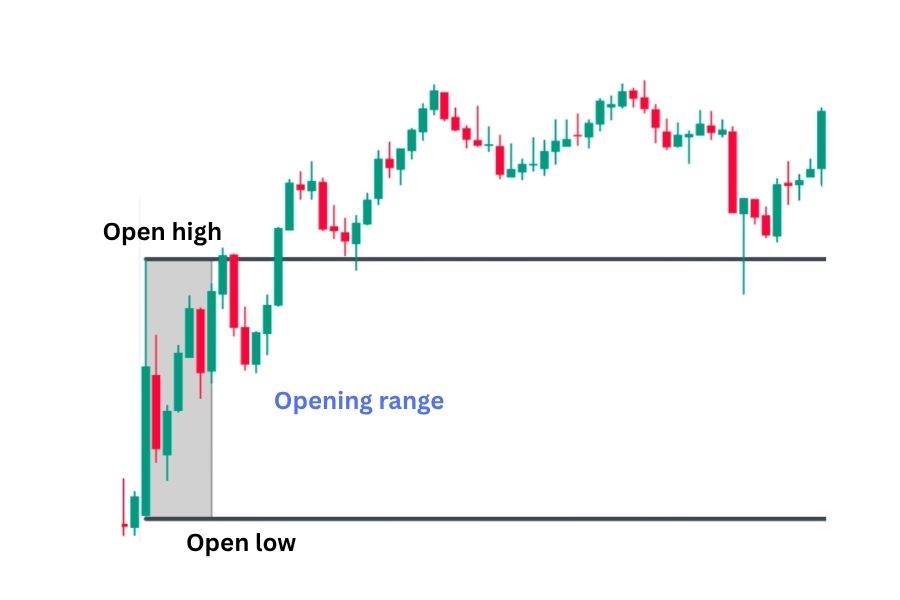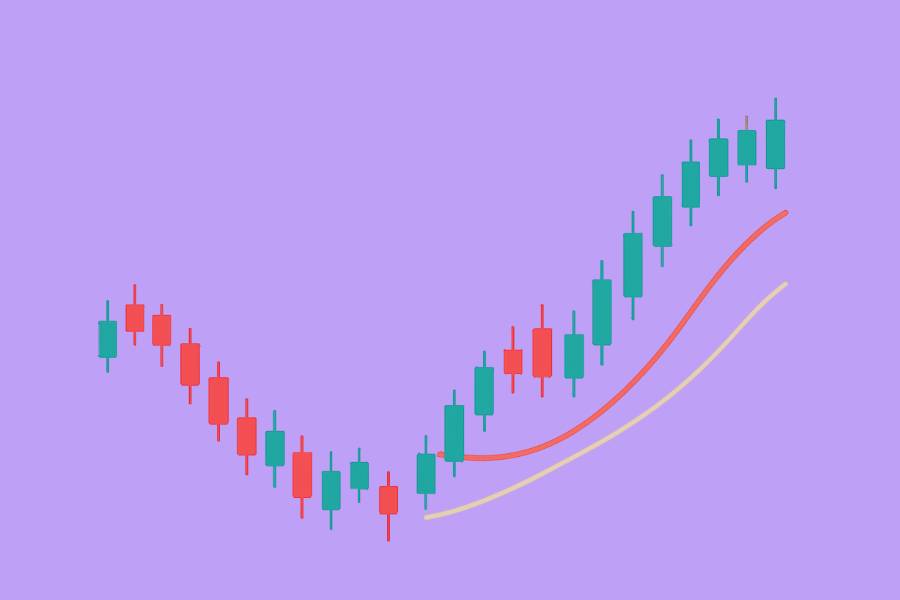![Gold vs Nifty 50 What’s the better investment? [chart compared]](https://dailybulls.in/wp-content/uploads/2023/05/gold-vs-nifty.jpg)
Gold vs Nifty 50 What’s the better investment? [chart compared]
Pranay
Contributor
Investors and traders are constantly seeking opportunities to grow their wealth and make better investment decisions. When it comes to comparing “Gold vs Nifty Index,” understanding the performance and characteristics of these assets becomes crucial. Gold has been a traditional investment asset, while the Nifty Index serves as a benchmark for the Indian stock market. In this article, we will delve into the factors influencing their performance, explore the pros and cons of investing in each, analyze historical trends, and provide expert insights to help you navigate the choice between gold and the Nifty Index.
Table of Contents
Understanding Gold vs Nifty Index
What is Gold?
Gold has always been highly regarded as a valuable and tangible asset. It holds a significant place in the investment landscape due to its historical stability and ability to retain value during uncertain times. Investors often turn to gold as a safe-haven asset, providing a hedge against inflation and economic uncertainties. Its limited supply and universal acceptance further enhance the allure of gold as a store of value.
What is the Nifty Index?
The Nifty Index, also known as the Nifty 50 or simply Nifty, is a benchmark index for the National Stock Exchange of India (NSE). It represents the top 50 companies listed on the NSE and serves as an indicator of the overall performance of the Indian stock market. The Nifty Index captures the market capitalization-weighted average of these 50 companies, providing investors with an insight into the broader market trends.
Factors Influencing Gold and Nifty Index Performance
Factors Affecting Gold Prices
Various factors influence the price of gold. Global economic conditions, geopolitical events, inflation, and interest rates significantly determine its value. During times of economic uncertainty, investors tend to flock to gold as a safe haven, driving its prices higher. Inflationary pressures also contribute to increased gold demand as it is perceived as a hedge against rising prices. Additionally, central bank policies and the strength of the U.S. dollar can impact gold prices.
Factors Affecting the Nifty Index
A wide range of factors influences the performance of the Nifty Index. Company-specific events, such as financial results, management decisions, and industry trends, can significantly impact individual stock prices, affecting overall index performance. Economic indicators, such as GDP growth, inflation, and interest rates, also play a crucial role in shaping the Nifty Index. Market sentiment, both domestically and internationally, investor confidence, and global market trends are additional factors that can sway the Nifty Index in either direction.
NIFTY 50 Vs Gold Chart

Pros and Cons of Investing in Gold
Advantages of Investing in Gold
Investing in gold offers several advantages. First and foremost, gold is considered a reliable store of value over time. It has maintained its purchasing power and has acted as a hedge against inflation for centuries. Gold also provides portfolio diversification, reducing the overall risk in an investment portfolio. During times of economic turmoil, when other assets may experience significant volatility, gold tends to hold its value or even increase in price, making it an attractive option for risk-averse investors. Furthermore, gold is a globally recognized and accepted asset, providing liquidity and ease of trade.
Disadvantages of Investing in Gold
While gold has its merits, there are certain disadvantages to consider. Gold does not generate any income or cash flow, unlike stocks or bonds. It is purely a speculative investment, and any potential returns depend solely on price appreciation. Additionally, gold prices can be volatile in the short term, experiencing fluctuations that may test the patience of investors. Moreover, the storage and insurance costs associated with physical gold can add to the overall expenses of owning the asset.
Pros and Cons of Investing in the Nifty Index
Advantages of Investing in the Nifty Index
Investing in the Nifty Index offers several advantages. One of the key benefits is the exposure it provides to a diversified portfolio of 50 leading Indian companies. This diversification spreads the risk among multiple companies and sectors, reducing the impact of a single stock’s performance on the overall investment. The Nifty Index is also considered a reliable indicator of the Indian stock market, making it a suitable benchmark for tracking and evaluating the performance of investment portfolios. Additionally, investing in the Nifty Index can be more cost-effective than investing in individual stocks, as it eliminates the need for extensive research and minimizes trading costs.
Disadvantages of Investing in the Nifty Index
Despite its advantages, investing in the Nifty Index has certain drawbacks. One limitation is the lack of active management. The Nifty Index is a passive investment instrument, meaning it does not have the flexibility to respond actively to individual stock performances or market conditions. Therefore, if certain companies within the Nifty Index underperform, the overall returns of the index may be impacted. Another disadvantage is the presence of sectoral concentration. Since the Nifty Index is market capitalization-weighted, sectors with larger companies hold a more substantial weightage. If specific sectors face challenges, it can disproportionately impact the Nifty Index performance.
Historical Performance Comparison
Analyzing Gold Performance
Over the years, gold has displayed varying performance trends. Historical data reveals that gold prices tend to surge during economic uncertainty, such as global financial crises or geopolitical tensions. Investors seeking a safe haven often turn to gold as a means to preserve their wealth. However, during economic stability and positive market sentiment, gold prices may experience relatively subdued growth or decline. Analyzing long-term trends and understanding the cyclical nature of gold’s performance is essential.
Analyzing Nifty 50 Index Performance
The Nifty Index has been a barometer of the Indian stock market for several decades. Its performance is closely linked to the overall economic growth of the country. Over the long term, the Nifty Index has demonstrated substantial growth, reflecting the progress and development of Indian industries. However, it is essential to note that the Nifty Index is subject to market volatility and can experience short-term fluctuations influenced by various factors such as economic reforms, corporate earnings, and global market trends.
Factors to Consider When Choosing Between Gold and Nifty Index
Investment Goals and Risk Tolerance
Investors should consider their investment goals and risk tolerance when deciding between gold and the Nifty Index. Gold may be a suitable option if the primary objective is capital preservation and a hedge against economic uncertainties. On the other hand, if the goal is long-term capital appreciation and exposure to the Indian equity market, the Nifty Index can provide the desired exposure. Risk tolerance is also an important consideration. Gold tends to be less volatile but may offer relatively lower returns, while the Nifty Index offers the potential for higher returns but with higher market volatility.
Market Conditions and Economic Outlook
Assessing current market conditions and the economic outlook is crucial in making an informed investment decision. Factors such as interest rates, inflationary pressures, global trade dynamics, and geopolitical events can impact both gold and the Nifty Index. For example, in times of economic growth and favourable market conditions, the Nifty Index may outperform gold due to positive investor sentiment. Conversely, during times of economic uncertainty, gold may be more resilient, providing stability in the face of market turbulence. Evaluating these factors in conjunction with one’s investment timeframe can help align the investment choice with prevailing market conditions.
Expert Opinions on Gold vs Nifty Index
Prominent financial experts provide valuable insights into the comparison between gold and the Nifty Index. According to renowned economist John Smith, “Gold serves as a timeless asset that acts as a store of value, especially during times of economic turmoil. However, for long-term wealth creation and exposure to the potential of Indian markets, the Nifty Index offers a diversified approach.” Smith emphasizes the importance of considering individual investment goals and diversification strategies while evaluating the two options. Similarly, investment strategist Jane Davis notes, “Investors seeking stability and a hedge against inflation often choose gold, while those with a long-term investment horizon may find the Nifty Index more suitable for potential capital appreciation.”
Finally
Finally, when comparing “Gold vs Nifty Index,” it is crucial to understand the unique characteristics, advantages, and disadvantages of each asset. Gold offers stability, acts as a hedge against inflation, and has historically retained its value during economic uncertainties. On the other hand, the Nifty Index provides exposure to the Indian stock market, offers diversification, and has the potential for long-term growth.
Investors should consider their investment goals, risk tolerance, prevailing market conditions, and expert opinions while making a decision. Ultimately, a well-diversified investment portfolio may include a combination of both assets to leverage their respective benefits. Conducting thorough research, consulting with financial advisors, and staying informed about market trends will empower investors to make informed decisions that align with their financial objectives.
Share this insight
Spread the Alpha
If this analysis helped you, pass it along to your trading desk or community.
Related Articles
More ideas that align with your trading playbook.

Ramkrishna Forgings Limited: An In-Depth Analysis of FY 2024 & H1 FY25 Performance
This article provides a detailed analysis of Ramkrishna Forgings Limited’s performance for the fiscal year ending March 31, 2024 (annual report). I…

FMCG and NCONSDUR Show Optimism After Budget 2025 – Here’s Why
The positive outlook in the FMCG and Non-Consumer Durables sectors after Budget 2025 comes from several new steps that are expected to…

The Role of GST in Trading Activities: What Every Trader Should Know
Synopsis: This blog highlights how GST affects trade in India from registering under GST to ITC benefits such as GST rates and…




You’ve broken down a complicated topic into very digestible points. Thanks for making this so user-friendly.